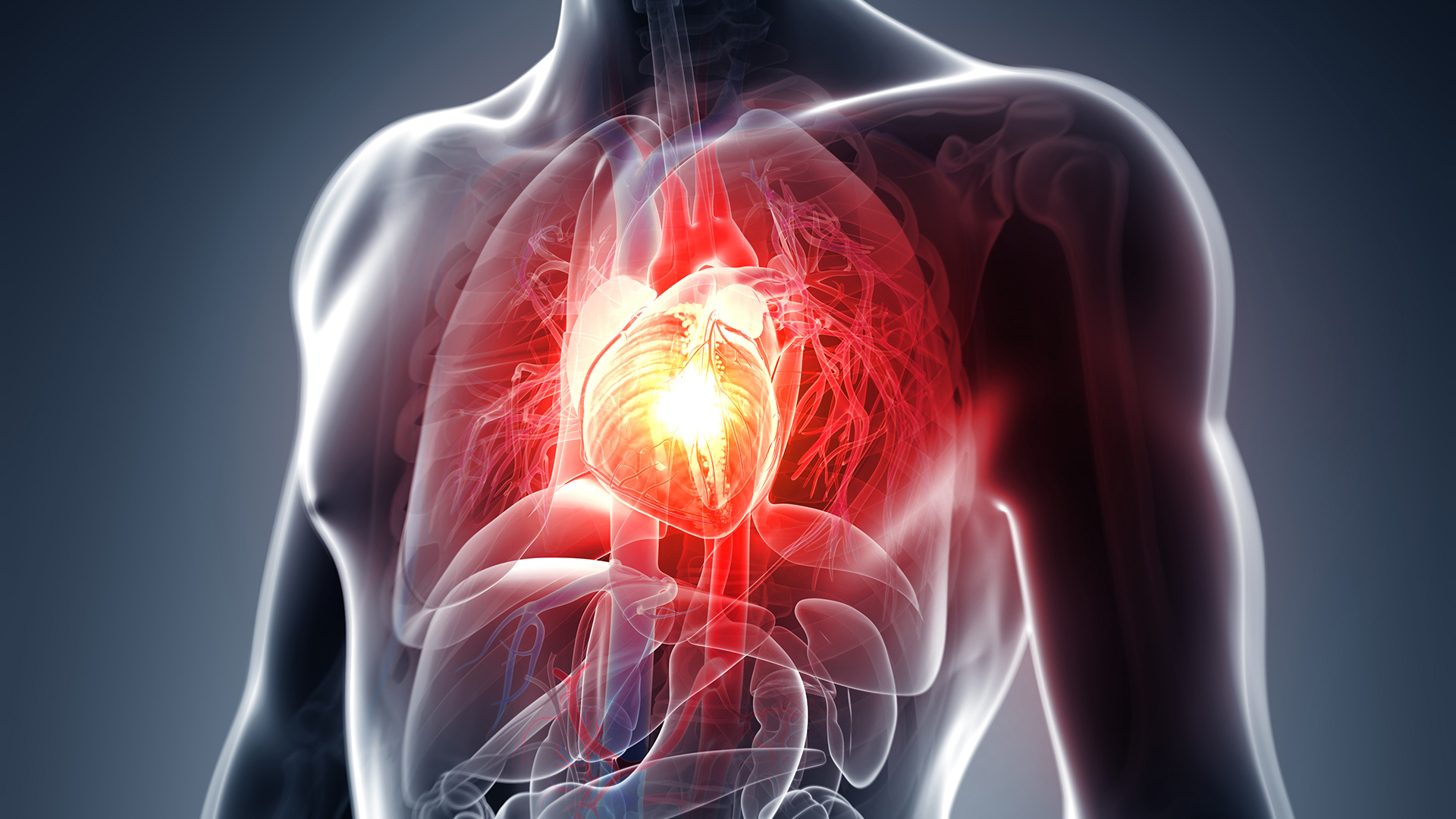Macrophages play an important role in healing
Researchers from SciLifeLab and Uppsala University have discovered that macrophages play an important role in re-establishing and controlling blood flow after ischemic injury. This information could potentially be used to develop new drugs and treatments of cardiovascular disease and myocardial infarction.
The classical role of immune cells is to protect our bodies from pathogens, such as bacteria, viruses, parasites and even cancer cells. Macrophages are specialized in killing and consuming microorganisms but they have also been shown to be involved in wound healing and angiogenesis – the creation of new blood vessels.
In a recent study, led by the SciLifeLab Co-Director, Mia Phillipson, researchers demonstrated that macrophages accumulate around blood vessels in damaged tissue in mice, but also in humans after a myocardial infarction or peripheral arterial disease. In mice, the researchers could observe how these macrophages regulated the blood flow, a task normally carried out by blood vessel cells in healthy tissue, which was crucial to limit damage and promote healing.
Armed with this new knowledge, the researcher set out to investigate if their findings could be used to stimulate healing and improve function of damaged leg muscles by increasing blood flow to the injured area. By increasing the local concentration of certain signal substances that bind to macrophages in the damaged muscle, they were able to demonstrate that more macrophages accumulated around the blood vessels, improving their ability to regulate blood flow. Subsequently, this resulted in improved healing and enabled the mice to use their injured legs to a far greater extent.
“This is an entirely new function for the cells in our immune system and might mean that in future we can use immunotherapies to treat not only cancer but also cardiovascular diseases”, says Mia Phillipson.

Read the publication in the scientific journal Circulation Research





